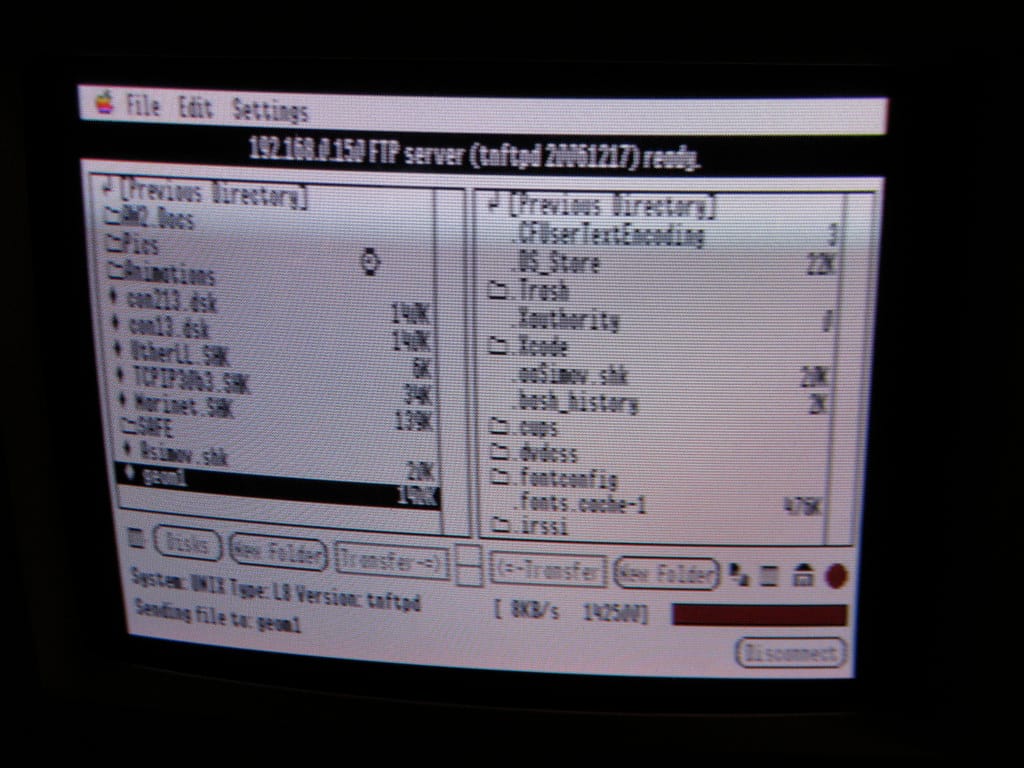The Mac App Flea Market: How Independent Developers Are Revolutionizing Software Sales
In an era dominated by Apple's App Store and subscription-heavy software giants, a growing movement of independent Mac developers is returning to their roots with a decidedly retro approach: the digital flea market. This grassroots renaissance is reshaping how we discover, purchase, and think about Mac applications.
The Rise of Alternative Distribution
The Mac App Flea Market isn't a single platform but rather a collective movement of developers selling directly to consumers through personal websites, smaller marketplaces, and community-driven platforms. Unlike the sterile, algorithm-driven experience of major app stores, these digital flea markets offer personality, direct developer interaction, and often, significantly better deals.
"We're seeing developers flee the 30% App Store tax and reconnect with their customers," explains Sarah Chen, a software industry analyst at TechFlow Research. "It's reminiscent of the early Mac shareware scene, but with modern payment systems and social media marketing."
This shift gained momentum during the pandemic when many developers, facing reduced corporate software budgets, pivoted to direct sales. The movement has only accelerated as developers grow frustrated with App Store policies and the race-to-the-bottom pricing that subscription models often encourage.
What Makes These Markets Different
Personal Touch and Community
Unlike faceless corporate marketplaces, flea market-style developers often share their development journey, respond personally to customer emails, and create communities around their products. Take Paw, the API testing tool that built a devoted following through direct sales before being acquired by RapidAPI, or Sketch, which thrived for years outside the Mac App Store.
Independent developer Marcus Thompson, creator of the markdown editor Typora, exemplifies this approach: "When someone emails about a feature request, they're talking directly to the person who wrote the code. That relationship is impossible to replicate in traditional app stores."
Flexible Pricing Models
These developers experiment with pricing strategies that big platforms often restrict. Some offer "pay what you want" models, others use traditional one-time purchases, and many provide generous free trials without the pressure of immediate subscription conversions.
The popular Mac utility app Bartender, which helps organize menu bar icons, has maintained a simple $15 one-time purchase model for years while similar functionality on other platforms often requires monthly subscriptions.
The Numbers Behind the Movement
Recent data suggests this movement is gaining significant traction. According to MacPaw's State of Mac Development 2023 report, 47% of Mac developers now sell directly through their websites, compared to just 31% in 2020. Meanwhile, exclusive Mac App Store distribution has dropped from 23% to 15% in the same period.
Revenue figures tell a compelling story too. Direct-selling developers report average revenue per user (ARPU) rates 2-3 times higher than their App Store counterparts, primarily due to reduced platform fees and more flexible pricing strategies.
Challenges and Solutions
Discovery and Trust
The biggest hurdle for flea market apps remains discovery. Without the App Store's built-in audience, developers must work harder to find customers. Many have turned to Mac-specific communities like MacRumors forums, Reddit's r/MacApps, and Twitter to build awareness.
Trust is another concern. Customers accustomed to App Store vetting processes may hesitate to download software from unknown developers. Many successful indie developers address this through open development practices, detailed privacy policies, and active community engagement.
Quality Assurance
Without Apple's review process, quality control becomes the developer's responsibility. Paradoxically, this often results in higher-quality software, as developers stake their personal reputations on every release.
The Future of Mac Software Distribution
The Mac App Flea Market movement represents more than just an alternative sales channel—it's a return to software as craft rather than commodity. As Apple continues to tighten App Store policies and major software companies push subscription models, these independent developers offer customers what they increasingly crave: ownership, personality, and value.
For Mac users tired of subscription fatigue and algorithm-driven recommendations, the flea market approach offers a refreshing alternative. For developers, it provides creative freedom and better economics.
The movement proves that in our increasingly corporate digital landscape, there's still room for the personal touch—and customers are willing to pay for it.
